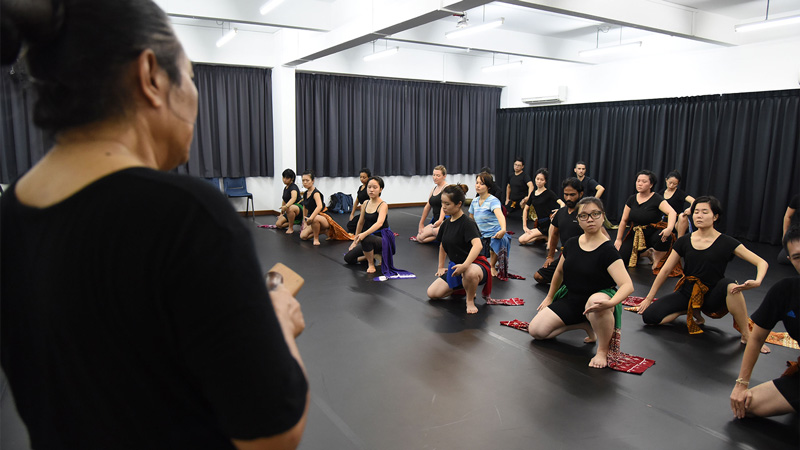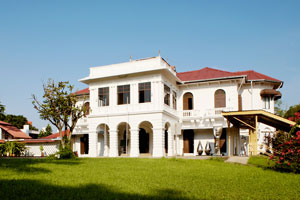1. As part of ITI’s corporate governance and to deter wrongdoing, staff and students are given avenues to raise genuine concerns relating to any aspect of ITI’s operations. Examples of concerns include, but are not confined to: impropriety in ITI’s accounting and financial matters; serious conflict of interest without disclosure; abuse of power or authority; fraud or the making of fraudulent statements to members of the public and regulatory authorities; concealing information about any malpractice or misconduct; breaches of the staff code of conduct
2. ITI recognises that the decision to report a concern can be a difficult one, not least because of the fear of reprisal from those responsible for the alleged malpractice. ITI hereby gives the assurance that whistleblowers acting in good faith will be protected from reprisals or victimisation.
3. However, frivolous, mischievous or malicious allegations will not be condoned and anyone making such allegations may face disciplinary action and other consequences if there are grounds for criminal and/or civil proceedings.
4. The whistleblower is required to identify himself/herself. But his/her identity and all concerns and information will be treated with the strictest confidentiality. He/she may also seek legal advice independently and be represented by his/her advisor.
5. Exceptions when information provided by the whistleblower could or would not be treated with confidentiality include:
a) Where ITI is under a legal obligation to disclose information provided.
b) Where the information is already in the public domain.
c) Where the information is given on a strictly confidential basis to legal or auditing professionals for the purpose of obtaining professional advice.
d) Where the information is given to the police or other authorities for criminal investigation.
6. In other circumstances not covered above, and where the whistleblower’s identity is to be revealed, ITI will endeavour to discuss this with the whistleblower first.
7. Anonymous complaints would be investigated only if there are clear merits in doing so.








